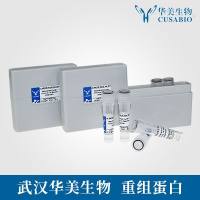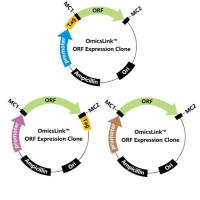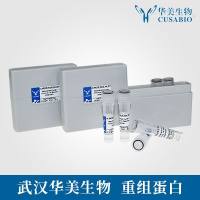Biochemical Mediators of Ventricular Arrhythmias in Ischemic Heart Disease
互联网
互联网
相关产品推荐

Recombinant-Human-Tail-anchored-protein-insertion-receptor-WRBWRBTail-anchored protein insertion receptor WRB Alternative name(s): Congenital heart disease 5 protein Tryptophan-rich basic protein; WRB
¥10332

WDR26 Homo sapiens myocardial ischemic preconditioning upregulated protein 2 (MIP2) mRNA.
询价

Recombinant-Rat-Gap-junction-alpha-1-proteinGja1Gap junction alpha-1 protein Alternative name(s): Connexin-43; Cx43 Gap junction 43 kDa heart protein
¥12166

Recombinant-Mouse-Gap-junction-alpha-1-proteinGja1Gap junction alpha-1 protein Alternative name(s): Connexin-43; Cx43 Gap junction 43 kDa heart protein
¥12166

Recombinant-Human-Gap-junction-alpha-1-proteinGJA1Gap junction alpha-1 protein Alternative name(s): Connexin-43; Cx43 Gap junction 43 kDa heart protein
¥12166
相关问答

